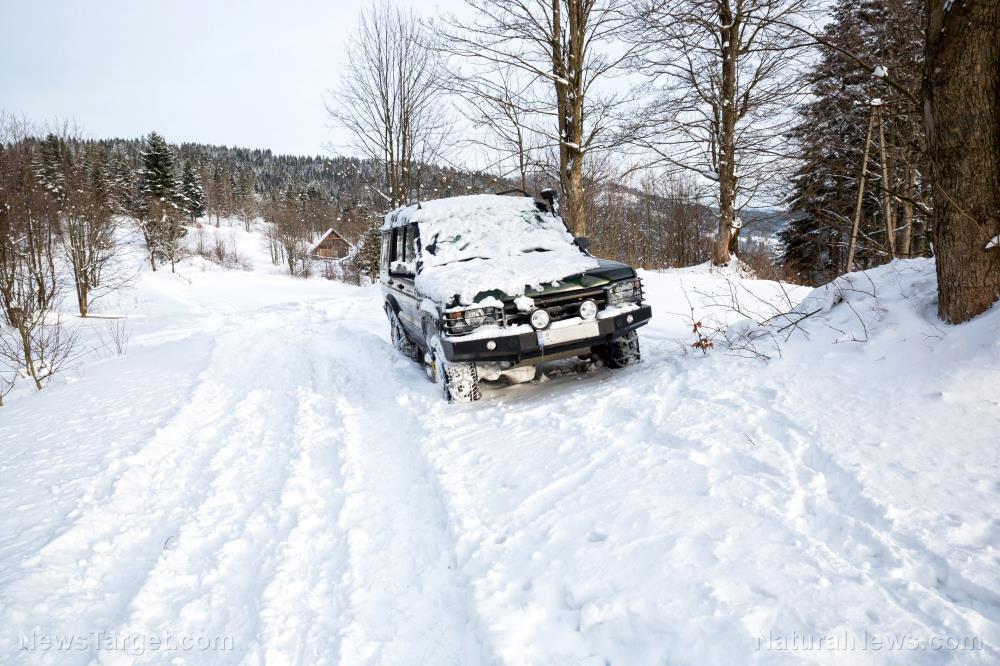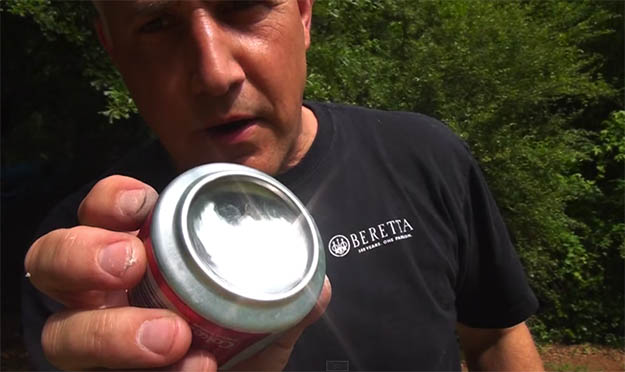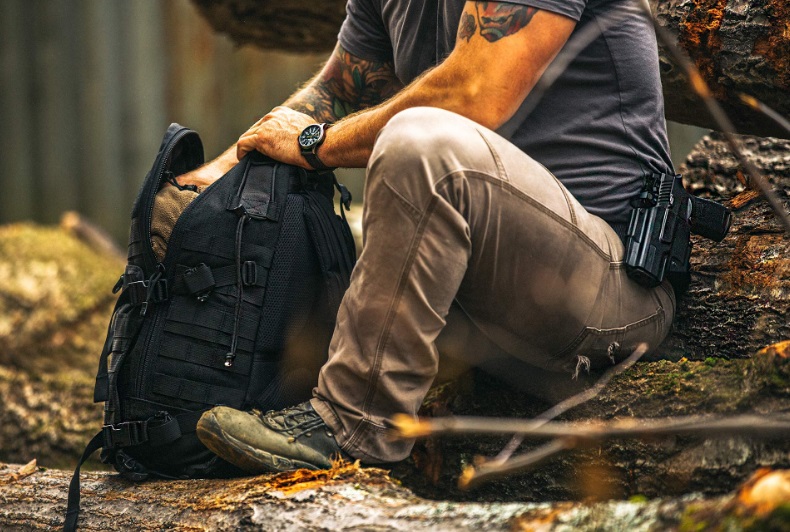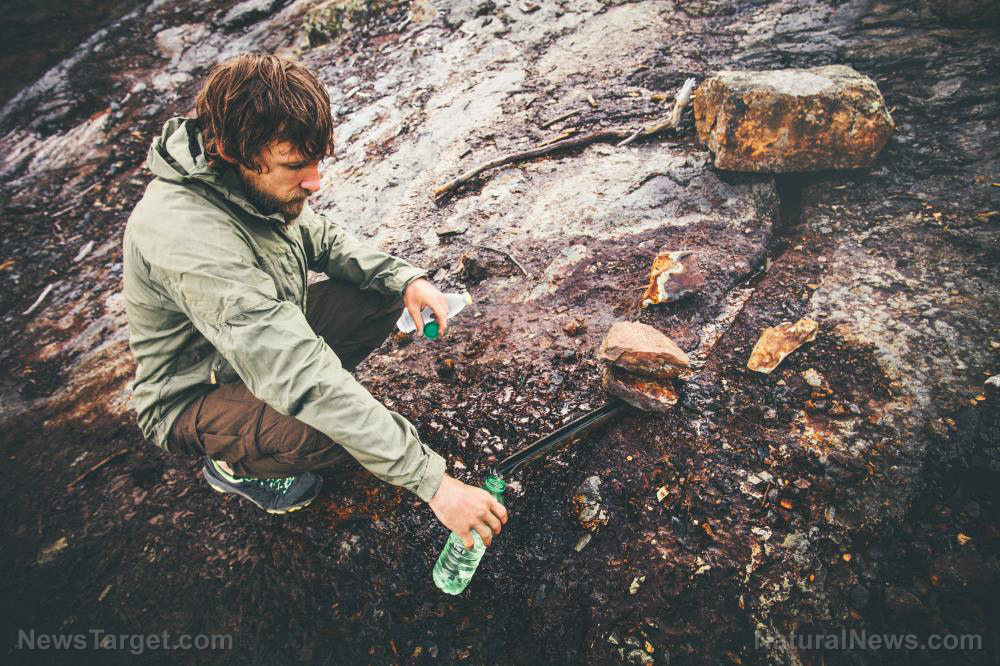Items that should NOT be part of your bug out bag
02/12/2019 / By Mary Miller
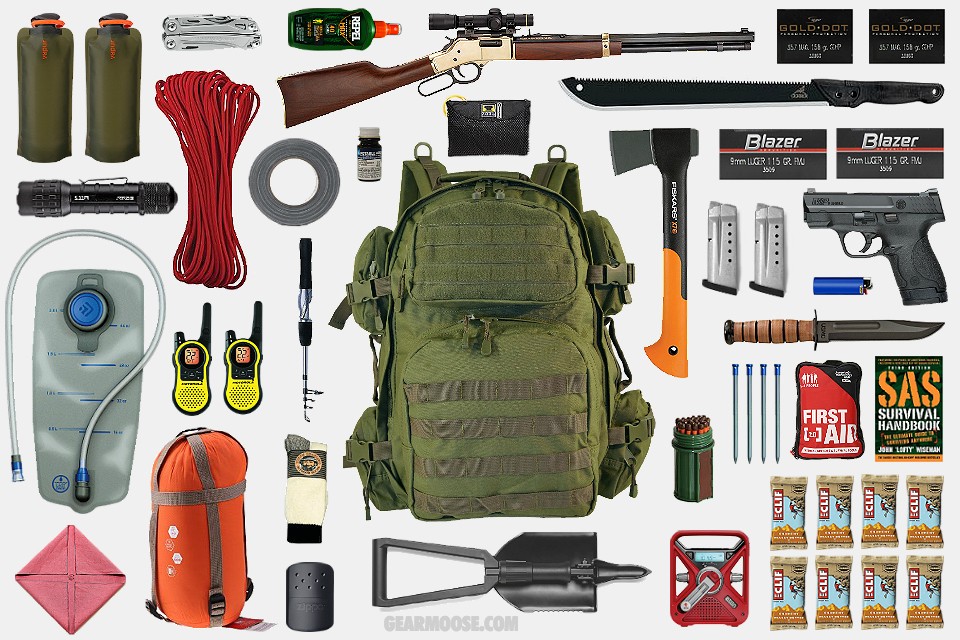
Your bug out bag (BOB) is only as good as your survival plan. You might be able to slip in a few non-essential items in your BOB, but if you pack more than just a handful, they will weigh you down. They can also take up valuable space that should be reserved for your survival gear. Your bug out bag should be something you can easily grab in a hurry for a quick evacuation. If you’re struggling just to lift it in the first place, you won’t get very far, and it will likely get you killed when SHTF. When your life is on the line, you should ditch your unnecessary belongings and leave them at home. Here are some of the items that you should not pack in your BOB. (h/t to SurvivalSullivan.com.)
Canned food
Without a doubt, canned food can be an excellent form of survival food. It is durable, it stores well, and most canned goods don’t even require any cooking. Unfortunately, canned food also tends to be very heavy. These are most suited for a survival pantry for when you’re bugging in, rather than something you’ll be lugging around while bugging out in the wilderness. Instead, your food supply should be compact and be loaded with enough calories to be worth their own weight. More suitable alternatives include granola bars, meat bars, energy gels, dehydrated meals, MRE components, and other foods packed in foil pouches. (Related: Is your bug-out bag getting heavy? Reconsider these 9 items.)
Excess water
Clean drinkable water is an absolute necessity when it comes to survival. However, it is possible to have too much of a good thing. You should definitely take a reasonable amount of drinking water with you in your BOB, but you should learn to draw the line when the struggle of carrying the excess water far outweighs its potential life-saving benefits. You might be able to go through a gallon of water a day, but is the effort of carrying a gallon or two really worth it in the long run? You can improve your chances of survival by bringing along a compact water filter or some purification tablets instead. You can then find other sources of water along the way and make them suitable for drinking.
Laptops
You might have ideas of storing plenty of valuable information and survival strategies on your laptop and bringing it along when SHTF. You might argue that even without internet access, you will still have stored copies of this data at your disposal. Unfortunately, this idea is not a very efficient use of resources. In a survival situation, a laptop is very likely to get damaged. It will also require a source of electricity to power it, not to mention the extra care you will have to give it that may take your attention away from other more pressing matters. You’d have better luck saving all of your prepping techniques and strategies on your cell phone. Not only is it a more compact solution, but it will end up using less energy in the long run. You might even want to consider bringing along a small solar-powered charger.
Books
Books follow the same principle as the laptop idea. It might even sound more reasonable considering books don’t run on electricity. You might find it tempting to stuff a thick survival guidebook in your BOB that should theoretically prepare you for every possible survival scenario. However, if you happen to have such a book, the best time to start reading it would be now, before SHTF. You should already be familiar with the relevant topics when a survival situation finally does occur. You probably won’t even have a lot of time to read when you’re bugging out. If you really have to bring a book with you, skip the thick tomes and opt for a slimmer and more lightweight survival manual.
Sources include:
Tagged Under: bug out, bug out bag, emergencies, emergency preparedness, Gear, necessary supplies, off grid, outdoors, preparedness, preparedness and survival, prepper, prepping, prepping tips, self sufficiency, SHTF, survival, survival food, survival gear, survival tools, survivalist









